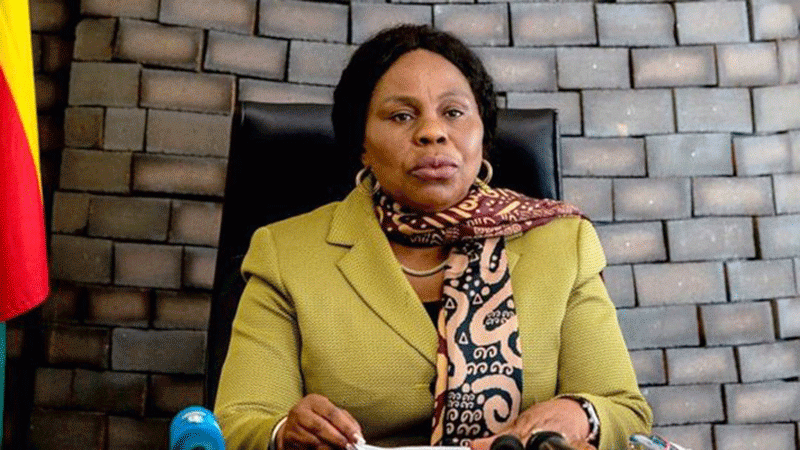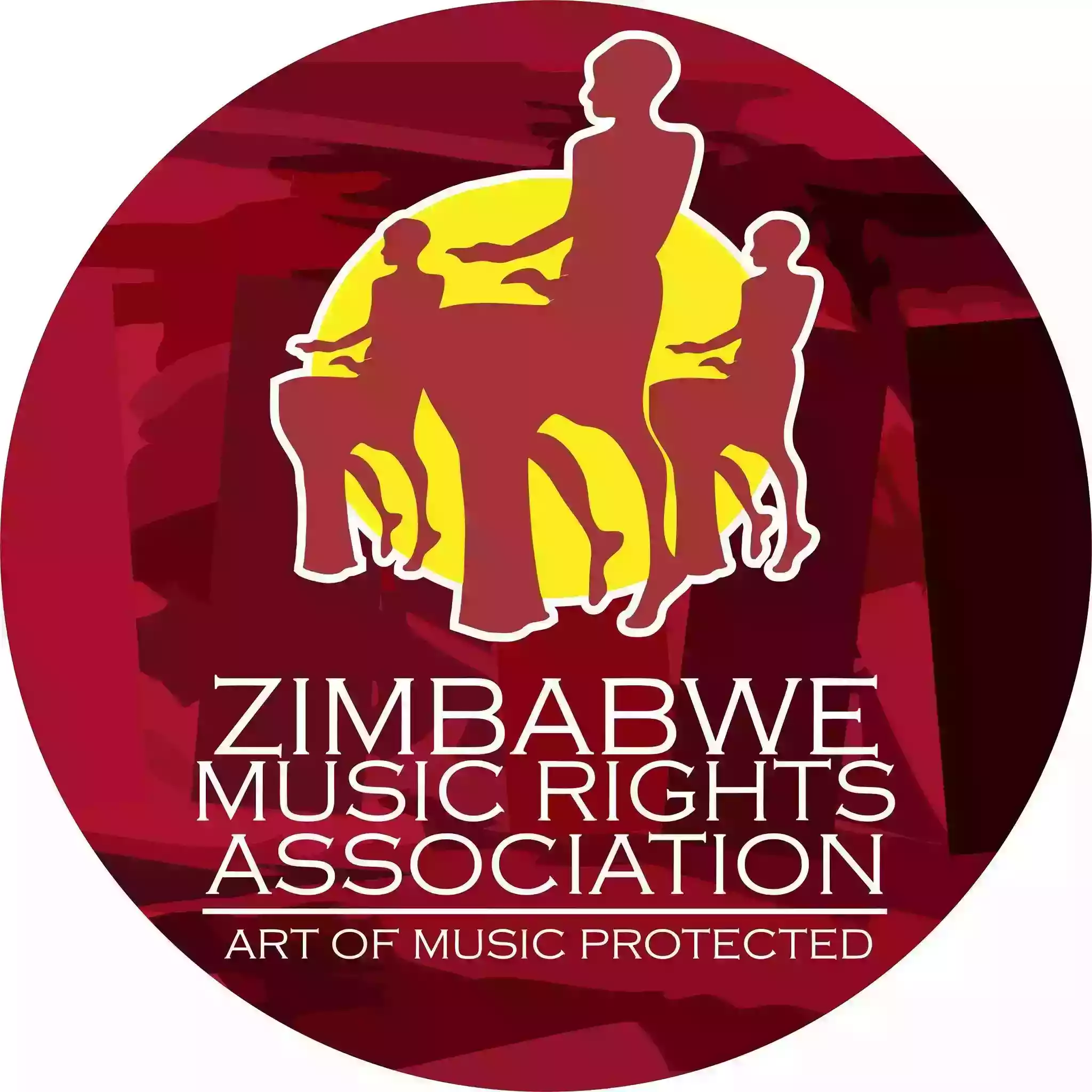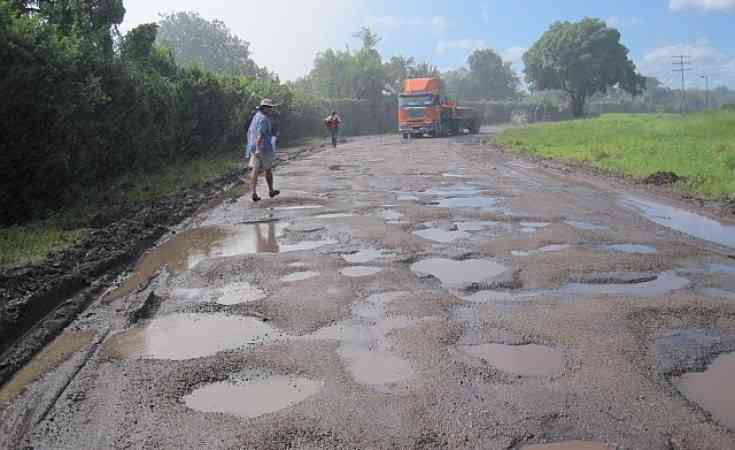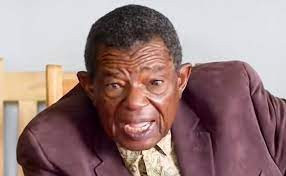
The Zimbabwe National Editors Forum (Zinef), the Zimbabwe Union of Journalists (ZUJ), the Gender and Media Connect (GMC) and the Media Alliance of Zimbabwe (MAZ) note with concern the Cabinet approval of the principles to the Zimbabwe Media Commission (ZMC) Amendment Bill and the Media Practitioners Bill (MPB).
Both Bills as presented to Cabinet by Information, Publicity and Broadcasting Services minister Monica Mutsvangwa at its sitting in Harare on December 13 are part of the media law reform process that government has been undertaking.
The ZMC Amendment Bill seeks to expand the Zimbabwe Media Commission's mandate to include functions that were obtained in the now defunct Access to Information and Protection of Privacy Act (AIPPA).
These functions include the registration of mass media services, accreditation of journalists and administration of a media fund.
On the other hand, the Media Practitioners Bill will provide parameters for media co-regulation through delegating the powers of the ZMC to “professional bodies” and “the drafting of a code of ethics by each professional body”.
While acknowledging that the Ministry of Information Publicity and Broadcasting Services is pursuing the noble cause to sustain momentum around reforming media laws, Zinef, ZUJ, GMC and MAZ are concerned that the announced principles, especially as with regards to the Media Practitioners Bill deviates from the position agreed between media industry actors and government.
Media stakeholders that included editors, journalists, professional associations, academia and retired media practitioners met with government stakeholders that included the minister, her deputy and permanent secretary Nick Mangwana, legislators and representatives of the ZMC at a workshop held in Kadoma on August 11 and 12 2022.
The meeting in question resolved to professionalise the media sector in a gender inclusive manner and for the industry to set up a professional council that would enforce a binding code of conduct for the sector.
- Free media environment key developmental reportage says PemSec Mangwana
- Zimbabwe’s curse of one step forward, two steps back
- Magacha gets ambassadorial role
- Zimbabwe’s curse of one step forward, two steps back
Keep Reading
The gazetted principles are, thus, flawed in that instead of driving the industry towards standardising the quality of journalism and professionalising the sector, the principles further polarise and divide the sector.
It must be placed on record that the proposals by government to delegate the powers and functions of the ZMC to undefined professional bodies are not new.
Earlier attempts to have multiple so-called professional bodies regulate the media were resisted by media stakeholders with Parliament rejecting the provisions resulting in their withdrawal from the ZMC Act.
Similar attempts to polarise the media and divide it across platforms were again debated at the Kadoma meeting where it was later resolved that a professional self-regulatory council be the first port of handling complaints against the media while the ZMC becomes the appellant body.
The meeting resolved to have one enforceable code of conduct for the sector.
Zinef, ZUJ, GMC and MAZ are, therefore, taken aback by this development and urges the ministry to reconsider the principles in the spirit of the agreed position in Kadoma.
The principle of co-regulation of the media has to be anchored on an industry driven professional council and binding code of ethics that is gender inclusive and standardise the quality of journalism across all platforms.
It is our submission that any further engagements on these laws should be hinged on the position agreed to by media and government stakeholders in Kadoma.
*About MAZ: MAZ is a network of media professional associations and support organizations including the Zimbabwe Union of Journalists , the Zimbabwe National Editors Forum , the Gender and Media Connect, the Media Institute of Southern Africa, the Zimbabwe Association of Community Radio Stations, the Voluntary Media Council of Zimbabwe , Media Monitors, Africa Community Publishing Development and Media Centre.











